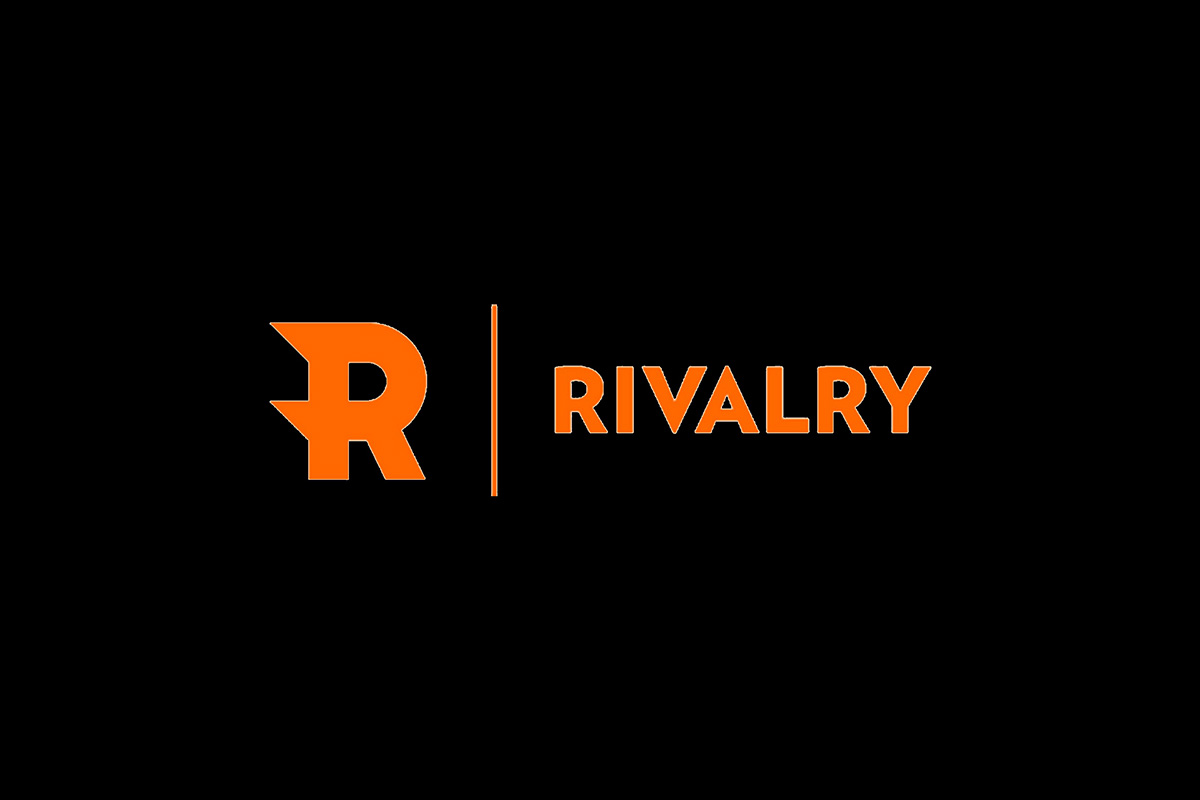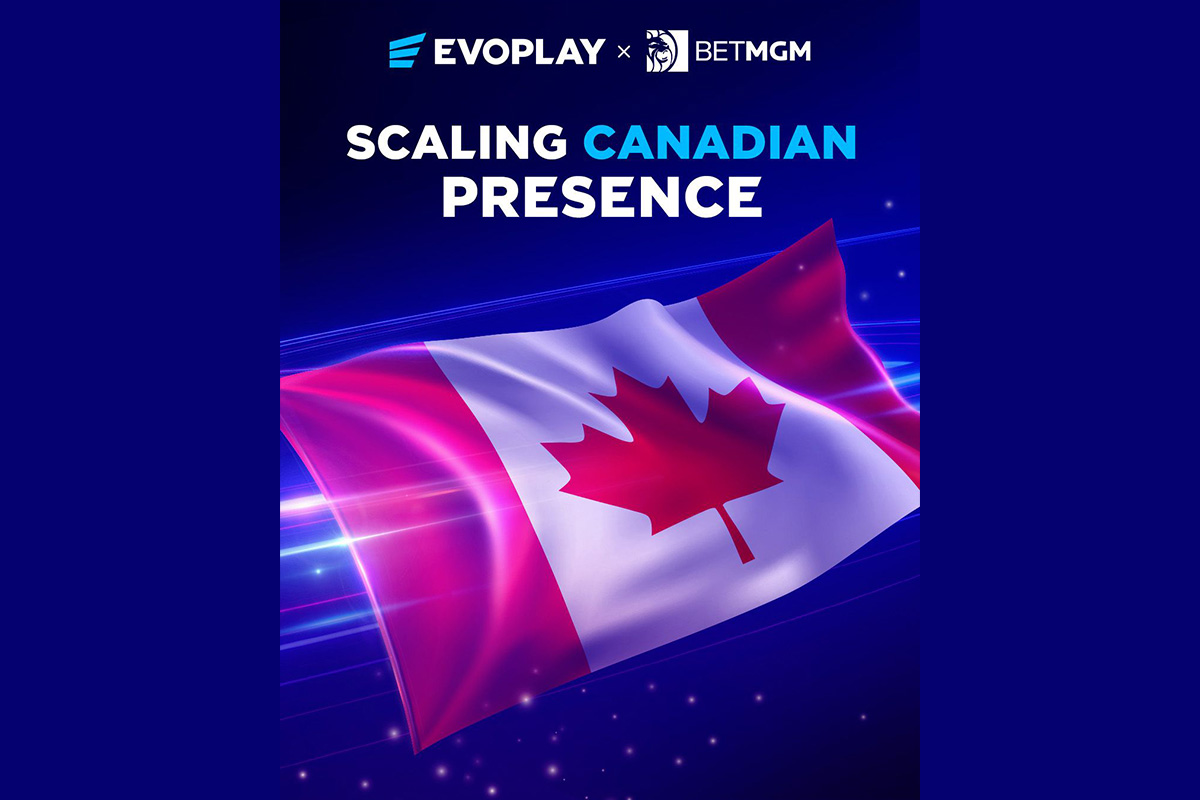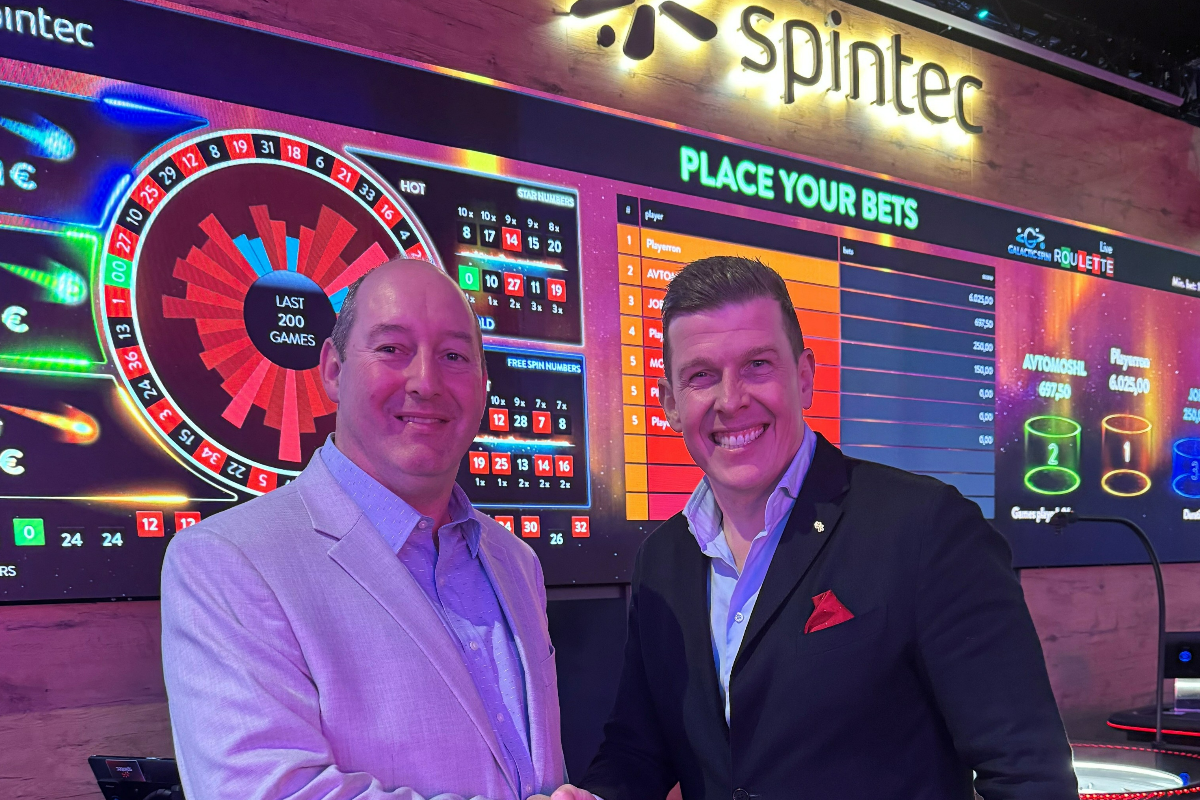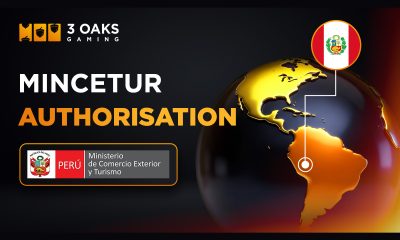Canada
Pennsylvania Department of Drug and Alcohol Programs Releases Report on Impact of Interactive Gaming in Pennsylvania

The Pennsylvania Department of Drug and Alcohol Programs (DDAP), Penn State University (PSU), and the Pennsylvania Gaming Control Board (PGCB) released the first-of-its-kind report analyzing the impact of Interactive Gaming, also referred to as online gambling or iGaming, in Pennsylvania.
“This report will assist DDAP in its mission to assess and address how gambling behaviors impact compulsive and problem gambling within the commonwealth. We want to ensure we are offering all the resources we can at the state level to anyone who may be experiencing problem gambling behaviors. Knowing the current iGaming trends in the state will help DDAP make informed decisions and help to spread awareness that treatment and resources are available to help when this recreational hobby becomes a more serious problem,” Jen Smith, Secretary of DDAP, said.
Under Act 42 of 2017, which legalized interactive gaming in Pennsylvania, DDAP is required to complete an assessment and report on the impact of interactive gaming in the commonwealth. This was the first year for the completion of the assessment and report compilation. Funding for this report is provided by law through fees the PGCB assesses from interactive gaming licensees.
“Penn State and the Criminal Justice Research Center is enthusiastic about this partnership with the Department of Drug and Alcohol Programs and the Pennsylvania Gaming Control Board. By collecting these data on a yearly basis, we can ensure an accurate understanding of the impact of this policy change on our Pennsylvania communities. If interventions are required, this assessment will help to guide a data-driven response,” Dr. Glenn Sterner, Assistant Professor of Criminal Justice at Penn State University, said.
The findings of this report were generated from a survey of more than 1100 individuals across Pennsylvania throughout 2020-21 and indicate:
- Approximately 1 in 10 Pennsylvanians engage in interactive gaming.
- The most popular interactive gaming is sports betting and nearly half of all who participate in interactive gaming are engaged in sports betting.
- Nearly half of all those who engage in interactive gaming exhibit at least one problem gambling behavior.
“The findings of the report emphasize the PGCB’s long-standing priority in assisting individuals who develop compulsive gambling issues including our efforts to provide information and effective tools such as the PGCB’s Self-Exclusion programs. I also believe that findings in this and subsequent reports can provide critical information to prevention professionals and to those in the treatment community who are assisting individuals on their path to recovery,” Elizabeth Lanza, Director of the PGCB’s Office of Compulsive and Problem Gambling, said.
Gambling, even through legal avenues, becomes a problem when individuals begin to develop strained relationships with loved ones, borrow money to gamble, gamble to experience a high or feeling, miss work, school, or other activities and obligations in order to gamble. These behaviors can have a serious impact on a person’s financial, physical, and mental health. Other symptoms of problem gambling include trying to hide or lying about gambling, using gambling as an escape to avoid dealing with other problems, and feeling like the habit is out of control but being unable to stop.
Pennsylvania’s Self-Exclusion Program allows an individual to request to be excluded from legalized gaming activities including iGaming and those within a casino and offsite venues. More information on the program and ways to identify problem gambling can be found through the PGCB’s website specific to its efforts in compulsive and problem gaming.
Powered by WPeMatico
Canada
Rivalry Corp. Announces Significant Reduction in Operations and Evaluation of Strategic Alternatives

Rivalry Corp. announced that its Board of Directors has approved a significant reduction in operating activity as the Company evaluates strategic alternatives in respect of its assets and operations.
The Company is engaged in discussions with third parties regarding potential transactions. However, in light of recent performance volatility, the Board has determined to materially reduce the scale of operations while assessing whether a strategic transaction or other alternative can be advanced.
Effective immediately, the Company is implementing substantial cost reductions, including a significant workforce reduction and reduced operating expenditures. The Company has paused player activity on its platform and is facilitating player withdrawals in the ordinary course.
The Company is assessing a range of potential alternatives, which may include asset-level transactions, corporate transactions, restructuring initiatives or other strategic outcomes.
Given the Company’s reduced operating scale and the ongoing evaluation process, there can be no assurance that any strategic alternative will be completed or that operations will continue in their current form.
The post Rivalry Corp. Announces Significant Reduction in Operations and Evaluation of Strategic Alternatives appeared first on Americas iGaming & Sports Betting News.
Alex Malchenko
Evoplay Strengthens Canadian Presence with BetMGM Partnership

Evoplay is celebrating another milestone in its regulated-market journey with a new launch in Ontario, teaming up with BetMGM to bring its games to one of Canada’s most dynamic and competitive jurisdictions.
The rollout introduces 18 Evoplay titles to BetMGM Casino in Ontario, carefully selected to deliver long-term engagement and appeal to a wide range of player preferences. The first wave includes proven performers such as:
• Hot Triple Sevens
• Hot Volcano
• Gold of Sirens Bonus Buy
• Inner Fire Bonus Buy.
These are games that have already demonstrated strong results across multiple regulated markets.
This launch marks another confident step in Evoplay’s Canadian expansion, reinforcing the company’s commitment to aligning its content with local market requirements, player expectations, and regulatory standards.
Alex Malchenko, Head of Sales at Evoplay, said: Ontario continues to set a high standard for regulated online casinos, making it a market where the right partnerships truly matter. Collaborating with BetMGM allows us to expand our reach with a portfolio that has already performed strongly across multiple areas and territories.
Oliver Bartlett, VP of Gaming at BetMGM, said: “Partnering with Evoplay adds a strong selection of proven, high-performing titles to our growing portfolio in Ontario.”
The post Evoplay Strengthens Canadian Presence with BetMGM Partnership appeared first on Americas iGaming & Sports Betting News.
Bet Rite
Spintec Expands into Canada with Bet Rite

Spintec is expanding its footprint in North America by partnering with Bet Rite in the Canadian gambling sector. As a prominent developer of electronic table games, Spintec invested significant effort into locating a partner who comprehends the distinctiveness of the Canadian casino industry. Bet Rite is taking on the position of Spintec’s distributor in Canada, leveraging its established reputation and substantial industry knowledge. This collaboration combines global innovation with local expertise in a partnership that is helping Spintec advance its expansion objectives in North America.
Bet Rite’s establishment is rooted in years of industry expertise. The firm focuses on providing top-notch gaming solutions designed specifically for Canadian operators. They aim to provide a sole vendor connection that grants access to numerous top-tier product lines, establishing them as a reliable partner nationwide.
For Spintec, collaborating with a company that prioritizes service, product excellence, and enduring relationships is vital, and Bet Rite is dedicated to prioritizing customer needs. With a solid sales network and a reputation for dependability, their market stance is highly strong.
Through this collaboration, Spintec is guaranteeing that their creative products receive backing from an attentive, community-focused service. The initial product line to be launched in the Canadian market will be Spintec’s premier Charisma line. Charisma’s design, flexibility, innovation, and wide range of product customizations will undoubtedly make it a top seller in Canada as well.
Billy Maclellan, Bet Rite President, says: “Our company has grown by offering best-in-class suppliers the local support that they need. Spintec fits the mold perfectly and together we are well placed to make this partnership a glowing success”
Goran Sovilj, Spintec’s Chief Commercial Officer, agrees: “Bet Rite’s deep understanding of the Canadian market makes this alliance very promising. We are always excited to introduce innovative and exciting products to new markets, especially when our distributors are as experienced and knowledgeable as Bet Rite.”
The post Spintec Expands into Canada with Bet Rite appeared first on Eastern European Gaming | Global iGaming & Tech Intelligence Hub.
-

 Brino Games7 days ago
Brino Games7 days agoQTech Games integrates more creative content from Brino Games
-

 Amusnet7 days ago
Amusnet7 days agoWeek 7/2026 slot games releases
-

 Aphrodite’s Kiss7 days ago
Aphrodite’s Kiss7 days agoLove on the Reels: Slotland Introduces “Aphrodite’s Kiss”
-

 Alex Malchenko7 days ago
Alex Malchenko7 days agoEvoplay Strengthens Canadian Presence with BetMGM Partnership
-

 3 Oaks Gaming7 days ago
3 Oaks Gaming7 days ago3 Oaks Gaming Enters Spanish Market
-

 3 Oaks Gaming7 days ago
3 Oaks Gaming7 days ago3 Oaks Gaming Secures Registration from MINCETUR to Enter the Regulated Peruvian Market
-

 AMLA7 days ago
AMLA7 days agoAMLA Launches Public Consultation on Three Draft Regulatory Acts
-

 Latest News7 days ago
Latest News7 days agoRed Papaya Presents: Lucky Rainbow Rush Adventure



















